When applying for a U.S. green card for your fiancée or spouse, you must meet certain financial requirements to prove that you can support them. The U.S. government wants to ensure that immigrants will not rely on public assistance. If you, as the sponsor, don’t meet the necessary income requirements, you may still proceed with the process by using a joint sponsor.
The Financial Sponsorship Process
As a U.S. citizen or permanent resident, you must complete the Affidavit of Support (Form I-864) when sponsoring your spouse or fiancé(e). This form confirms your financial responsibility for the immigrant once they arrive in the U.S. The government requires that you earn at least 125% of the Federal Poverty Level (FPL) for your household size.
For example, the minimum income for a household of two people (sponsor and spouse) is approximately $26,437. If your household size increases, so does the required income.
Minimum Income Requirements
Here’s a general breakdown of the income thresholds for different household sizes:
- 2 people (sponsor + spouse): $26,437
- 3 people: $33,312
- 4 people: $40,187
- 5 people: $47,062
These amounts are based on the most recent Poverty Guidelines. If your income meets or exceeds these amounts, you can proceed with your application.
What If You Don’t Meet the Income Requirements?
If your income doesn’t meet the required amount, don’t worry—you can have a joint sponsor. A joint sponsor is a U.S. citizen or permanent resident who agrees to take financial responsibility for the immigrant. The joint sponsor must also meet the same income requirements, but they must submit their own Affidavit of Support (Form I-864).
How Does a Joint Sponsor Work?
- Eligibility: The joint sponsor must be a U.S. citizen or lawful permanent resident.
- Income and Assets: The joint sponsor can use their income and assets to help meet the requirements. If their income is sufficient, they can serve as the primary sponsor, but they must prove their financial ability to support the immigrant.
- Commitment: The joint sponsor is financially responsible for the immigrant until they become a U.S. citizen, work for 10 years, or leave the U.S. permanently. This obligation is legally binding.
Can You Use Assets to Meet the Requirements?
If your income falls short, you can use your assets (like savings or real estate) to make up the difference. To do so, your assets must be worth at least three times the shortfall between your income and the required amount. For example, if you’re $10,000 short, your assets must total $30,000 or more. Make sure to provide documentation, such as bank statements or property appraisals, to verify your assets.
Important Considerations
- Sponsorship is a Long-Term Commitment: The sponsor is responsible for financially supporting the immigrant if they receive public benefits. If the immigrant uses government assistance, the sponsor may be required to repay those benefits.
- Household Size: The sponsor’s household size includes their spouse and any dependent children, so it’s important to account for them when calculating the financial requirements.
Why Work with an Experienced Immigration Attorney?
Understanding the financial requirements for sponsoring a spouse or fiancée can be tricky. If your income doesn’t meet the guidelines, knowing how to use assets or secure a joint sponsor can help keep your application on track. An experienced immigration attorney can guide you through the process, ensuring everything is done correctly and efficiently.
At Rokas Law Office PLLC we specialize in assisting clients with marriage-based immigration applications. Contact us today for a consultation to ensure you meet all the financial requirements and can bring your spouse or fiancée to the U.S. with confidence.








